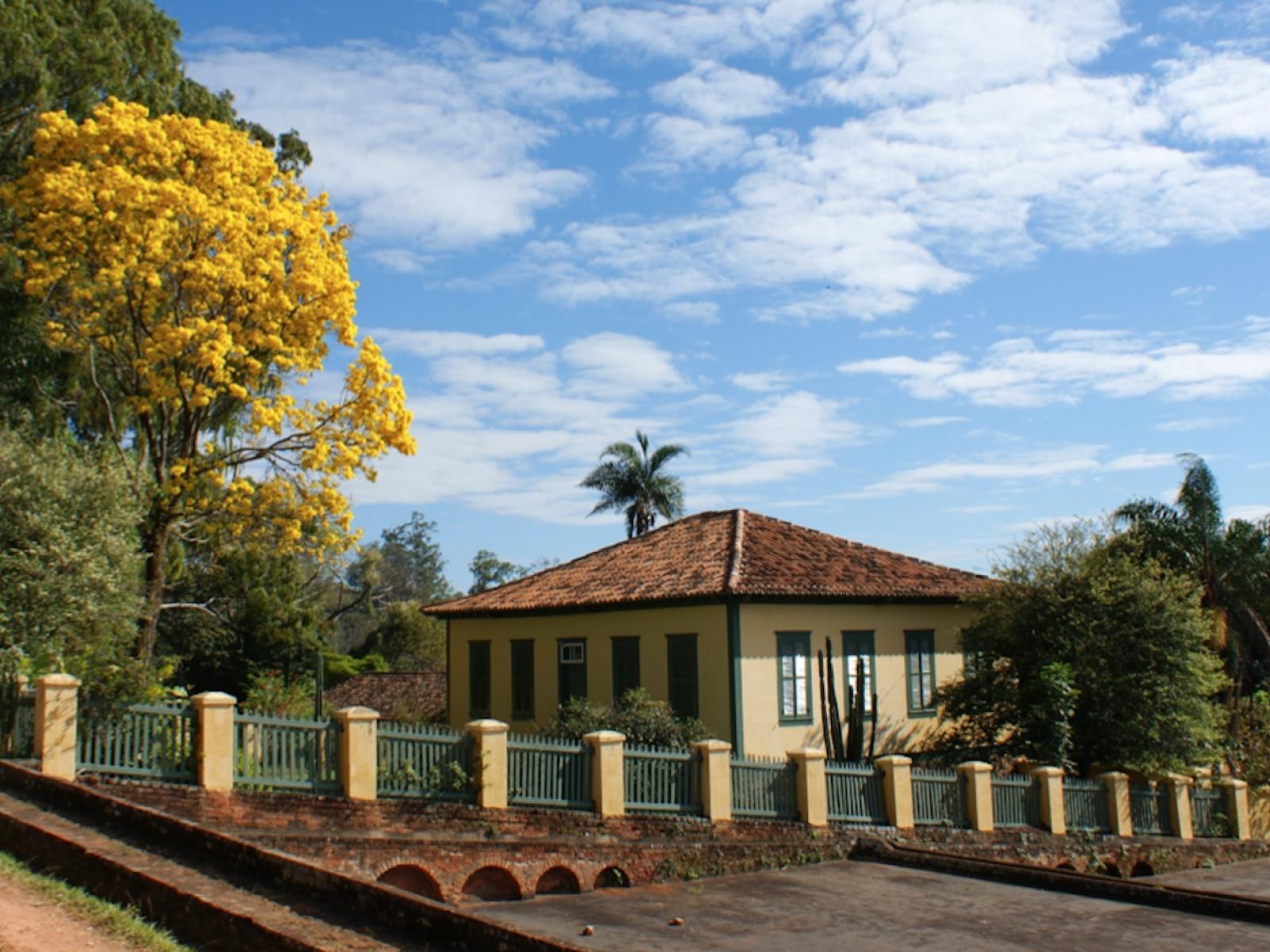An Overview Of Our Solution
- Population Impacted:
- Continent: South America
Organization type
Population impacted
Size of agricultural area
Production quantity
People employed
Describe your solution
Describe your implementation
External connections
What is the environmental or ecological challenge you are targeting with your solution?
Describe the context in which you are operating
FAF is a farm of 800 hectares, of which 1/3 is allocated as an Environmental Protected Area. It is located in the Mogiana region, in the southeast of Brazil at an altitude of 900 to 1100 meters above sea level. There are several surrounding villages, all with populations less than 10,000. The region, located in the coffee belt of Brazil, has had monoculture coffee plantations for generations that have had tremendous implications on the soil health. In recent years, many plantations have gone bankrupt due to the decrease in global coffee prices and increase in minimum wage. This has forced many farmers to mechanise where possible. These factors caused a chain reaction of consequences such as increased soil depletion, decrease in biodiversity, and job loss. These have had a myriad of subsequent social and societal implications such as dependency, depression, drug use, and emigration (to name a few). With the decrease in capital in the region, schools have worsened as well and most schools that served the rural areas have closed. With no hope, farmers have become unmotivated, desperate and cornered into selling their products to large companies for low prices.
How did you impact natural resource use and greenhouse gas emissions?
Language(s)
Social/Community
Water
Food Security/Nutrition
Economic/Sustainable Development
Climate
Sustainability
Our operation is self-sustaining through market-based revenue. Having changed our business and agricultural model, we significantly downsized our lots in order to focus on quality as opposed to quantity. By selling in the specialty market, we are able to sell our coffee at a higher premium and sell direct. The Bob-O-Link project has allowed us to reach the next level. By fostering relationships and knowhow among other small and medium sized coffee farms, we were able to incentives more people to focus on quality as opposed to quantity, allowing us as a collective to have a larger quantity of quality coffee. As a result, we are able to export to specialty coffee roasters around the world.
Return on investment
Entrant Image

Entrant Banner Image

